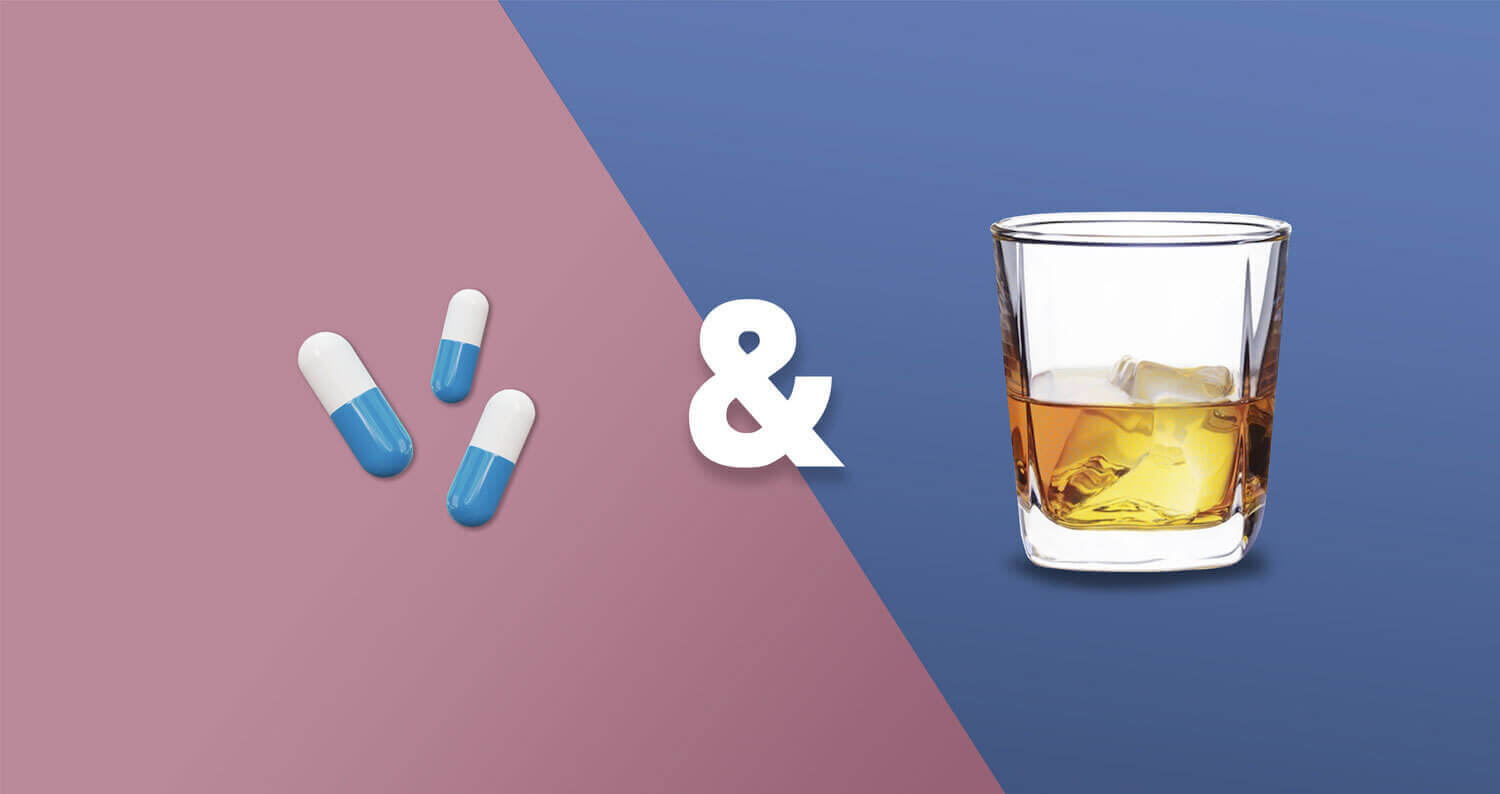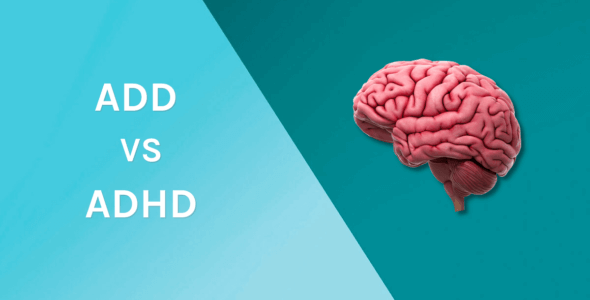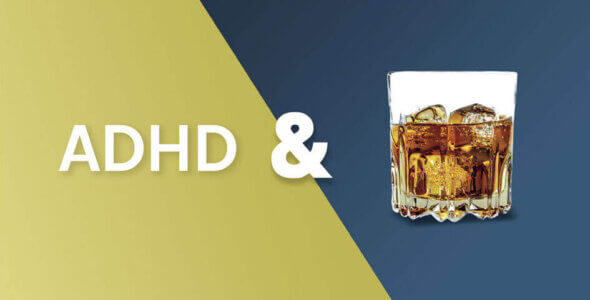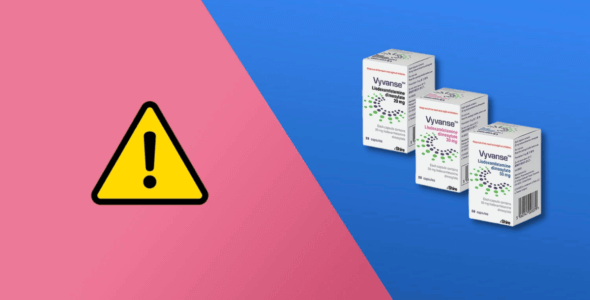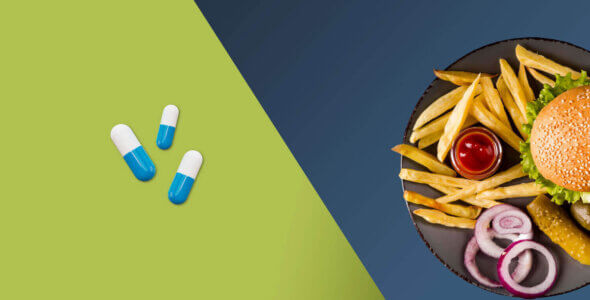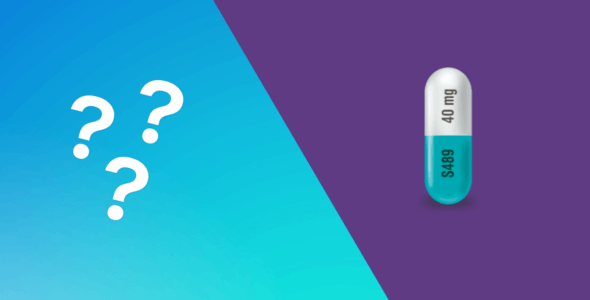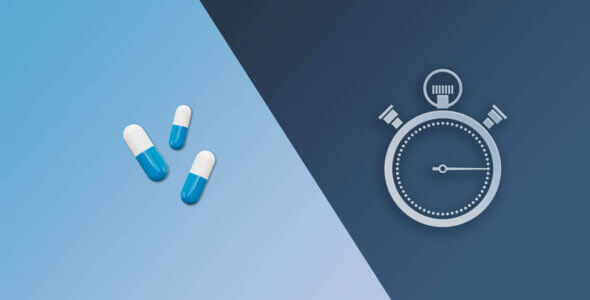Vyvanse and alcohol: can they be used together?
Table of contents
So, you are wondering if it’s safe to take Vyvanse with alcohol? Drinking alcohol with prescription drugs is a common question. You are not alone in asking this. The truth is it’s problematic and it’s never a good idea to mix the two. Read on to find out what you need to know about the health risks of alcohol with Vyvanse.
What is Vyvanse?
Vyvanse is the brand name of lisdexamfetamine belonging to a class of drugs known as Central Nervous System stimulants (CNS stimulants). It is used to treat symptoms of Attention Deficit Hyperactivity Disorder (ADHD). It is also used to treat moderate to severe binge eating disorder (BED). Vyvanse is a prescription stimulant medication but is also classed as a Schedule II controlled substance. This puts Vyvanse into a category of drugs in which there is a high abuse risk leading to severe psychological and physical dependence.
The FDA warns of the risk of substance abuse with amphetamines. They also highlight that heart problem and psychosis is more likely to occur when these stimulant medications are taken for the treatment of ADHD.
The active ingredient in Vyvanse is called lisdexamfetamine dimesylate. It helps with brain activity by increasing the amount of norepinephrine and dopamine in your brain. These two substances are naturally produced in your brain and they help to send signals between your neurons.
What Substances are Considered Amphetamines?
Examples of prescription amphetamines include:
- Methylphenidate (Concerta)
- Methylphenidate (Ritalin, Ritalin SR)
- Amphetamine and Dextroamphetamine (Adderall)
Get your Vyvanse medication for only $49 per month
Get StartedSide effects of combining alcohol with Vyvanse
Drinking alcohol and taking stimulant medications such as Vyvanse often result in each substance working directly against one another. For instance, alcohol minimizes some of the stimulant effects of Vyvanse, and Vyvanse reduces some of the sedating effects of alcohol. An individual may continue to use more of one or both of the drugs to reach the desired effect, which may lead to a number of potentially dangerous results, including overdose.
Some of the common side effects of combining alcohol with Vyvanse
- Sudden changes in blood pressure
- Increased heart rate
- Chest pains
- Heart attack
- Stroke
- Risk of seizure
- Hyperactivity
- Feelings of euphoria
Dangers of Mixing Vyvanse and Alcohol
There are hidden dangers to the combination between alcohol use and Vyvanse. Combining the two substances has other long-term risks far beyond its short-term side effects, especially if you’re misusing prescribed Vyvanse or taking it without a medical reason.
Potential risks:
Alcohol Poisoning
Vyvanse stimulates the central nervous system (CNS). Alcohol is known to depress the central nervous system.
Mixing ADHD medication and alcohol means it takes a lot longer for your body to feel the symptoms of depression. To put it simply it will take you nearly twice as long to get drunk. That means you are consuming double the amount of alcohol you would normally drink, which could lead to alcohol poisoning or alcohol-related injuries. How can this happen?
Vyvanse has a more powerful stimulant effect than the sedative effects of alcohol. It can mask the feeling of being drunk when taken with alcohol, so you continue to drink more as the brain has no signal to stop you from drinking. Alcohol can also intensify many of the psychological side effects of Vyvanse.
Heart Issues
High blood pressure is one of the most significant risks of mixing an amphetamine with alcohol. Taken alone, Vyvanse can increase your heart rate, but add in alcohol and the side effects become even greater.
If you suffer from poor health, the risks are especially high. You could have health complications if you have heart problems. Very fast heart rates could lead to potentially severe side effects, such as sudden stroke, heart attack, and even death.
Increase in Risk-Taking Behaviors
Since Vyvanse minimizes the normal signs of drunkness some individuals may take part in more reckless behaviors such as:
- Drink driving
- Getting into a road traffic accident
- Getting into a physical altercation
- Self-harm
- Harming others
All these behaviors may occur if individuals mix their Vyvanse and alcohol without realizing that they’re impaired. They become a danger to themselves and others around them.
Increased Chances of Psychosis
Mixing Vyvanse and alcohol can cause or worsen the signs and symptoms of psychosis such as hallucinations and delusions, severely disrupting perception, thinking, emotion and behavior. Individuals who have a mental health condition such as bipolar disorder or schizophrenia are even more severely affected.
Potential for Addiction
The combination of a stimulant and a depressant can lead to polysubstance abuse. Polysubstance abuse is a combination of drug and alcohol addiction. Both alcohol and ADHD medications are potentially addictive substances. Especially for those who are suffering from ADHD, who are already at a higher risk for developing substance abuse problems. The combination of stimulants and alcohol puts you at a higher risk of mental health problems, poor physical health, and severe addiction. This risk is increased when prescription drugs and alcohol are mixed.
Polysubstance abuse often means a more complicated detox and rehab process for you. SAMHSA’s National Helpline is a free, confidential information service for individuals and families facing mental and/or substance use disorders.
Medically reviewed
A medical professional has reviewed this article.


Jamie Winn, PharmD
Jamie Winn, PharmD
Dr. Jamie Winn received his Doctor of Pharmacy in 2002 from the University of South Carolina College of Pharmacy, Columbia, SC. Jamie is a medical reviewer for NiceRx.

